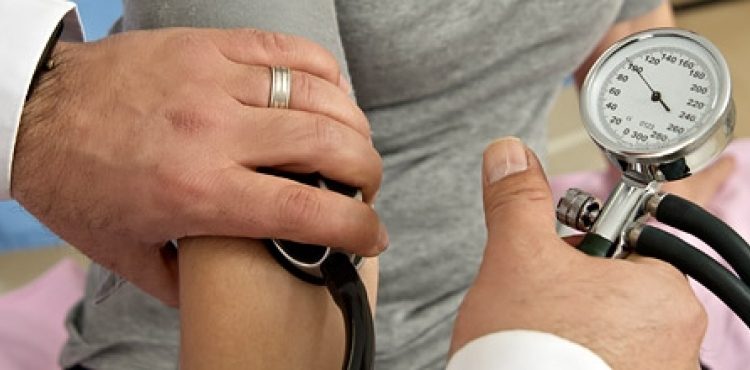
False reassurance about the consequences of withdrawing anti-hypertensive drug therapy
A systematic review on ‘Withdrawal of antihypertensive medication’ by Prof. Van der Wardt published in the Journal of Hypertension in September 2017 defines ‘successful withdrawal’ of antihypertensive medication as ‘not having a follow-up measure above a hypertension threshold’. Dr. Abdul Salam, Senior Research Fellow, The George Institute India and Dr. Anthony Rodgers, Professor of Global Health, Faculty of Medicine, UNSW Sydney disagree with the implication that the rises in BP that would inevitably occur with treatment withdrawal are safe if they do not go above hypertension threshold.
Their article ‘False reassurance about the consequences of withdrawing antihypertensive drug therapy’, also published recently in Journal of Hypertension, looks more closely at consequences of withdrawal from antihypertensive medication.
“Evidence from randomized controlled trials (RCTs) have indicated that the higher blood pressure (BP) levels after treatment withdrawal would increase cardiovascular events, whether they occur above or below a hypertension threshold. RCTs unequivocally show that lower BP leads to lower cardiovascular events, including reductions below 140/90mmHg.
It is fully expected that BP levels will not revert to the same levels as at treatment initiation after therapy withdrawal. Almost all trials of antihypertensive therapy show a fall in BP in the placebo group, as a result of regression to the mean, as well as the fall in BP in the treatment group. This tells us that the baseline BP level is typically higher than long-term average.
Treatment withdrawal is of course warranted when there is negligible capacity for benefit, or harms exceed benefit. However, trials indicate that treatment should be continued long-term in people at raised cardiovascular risk, including among those whose BP is only moderately or intermittently raised.”

